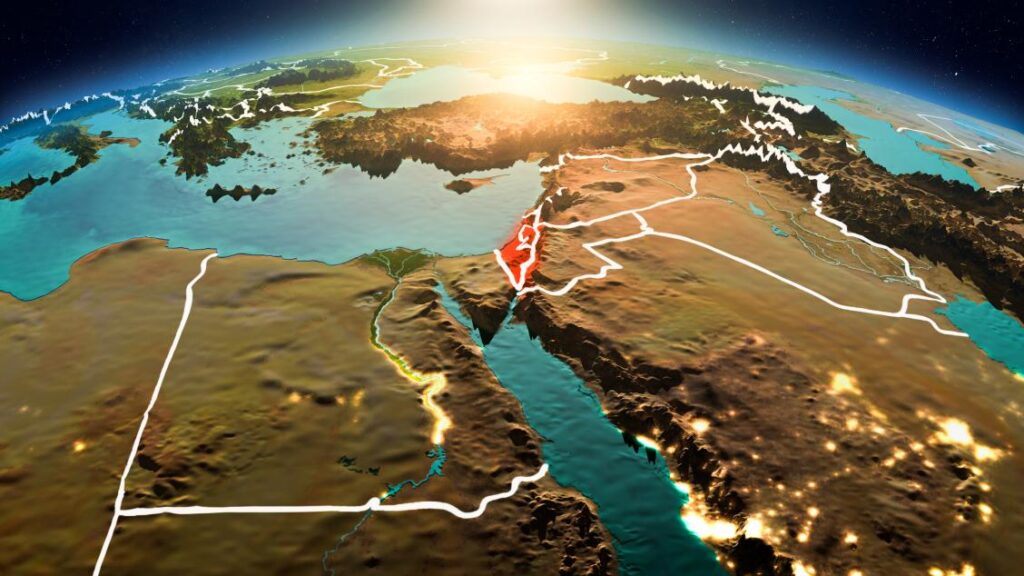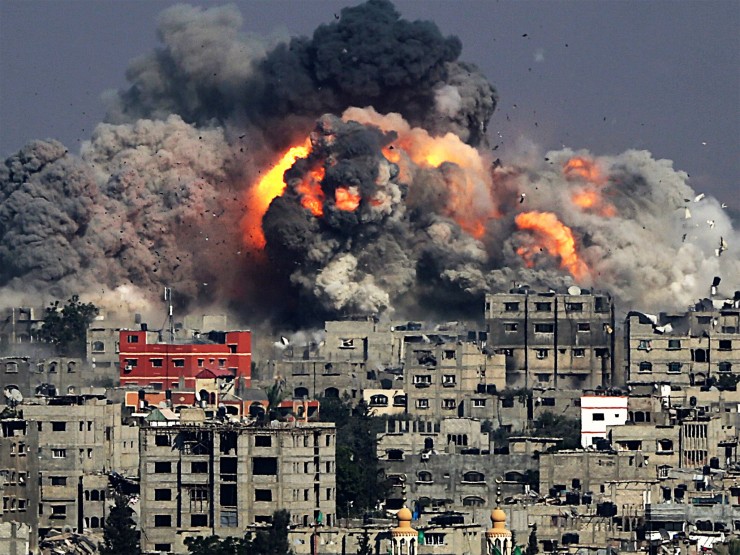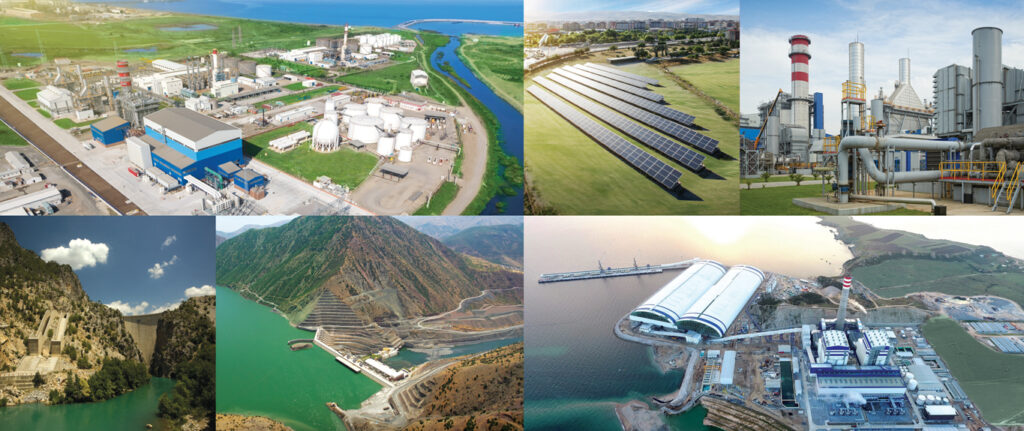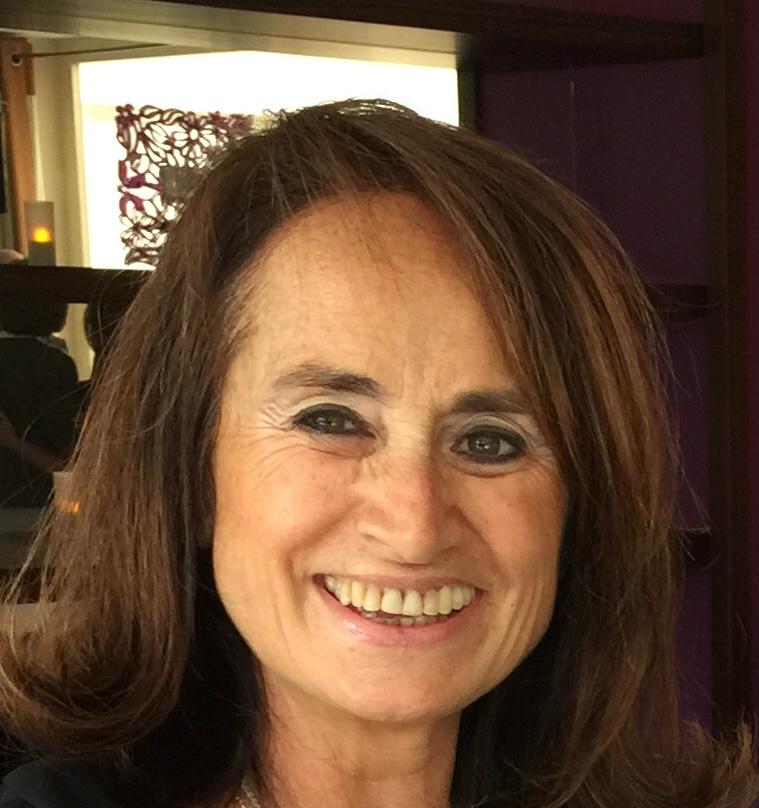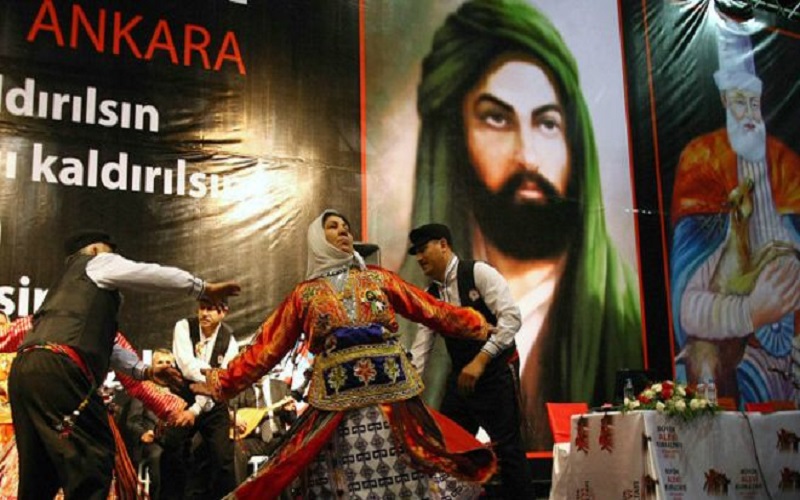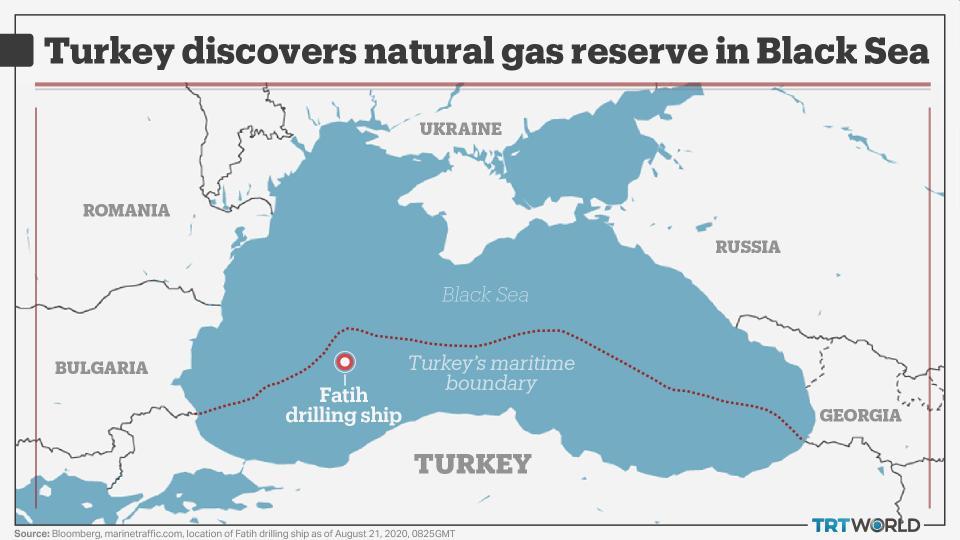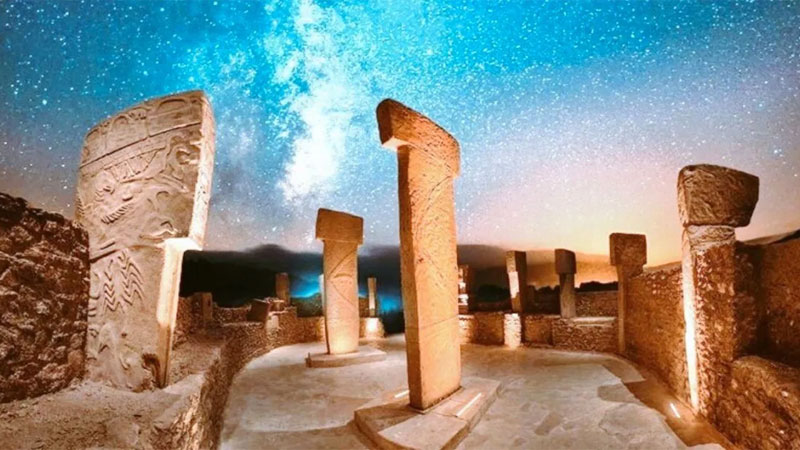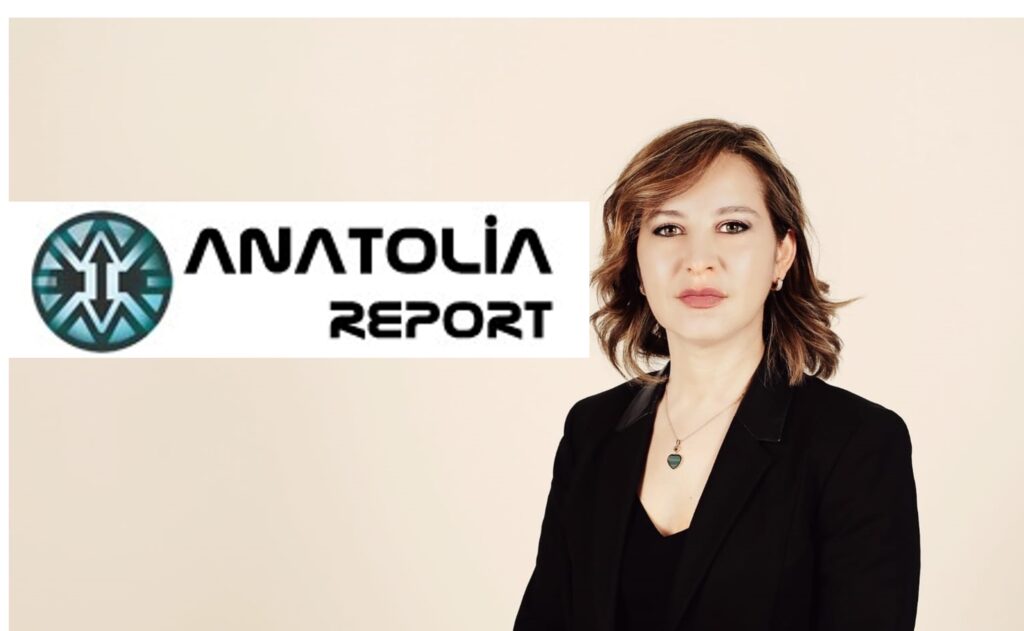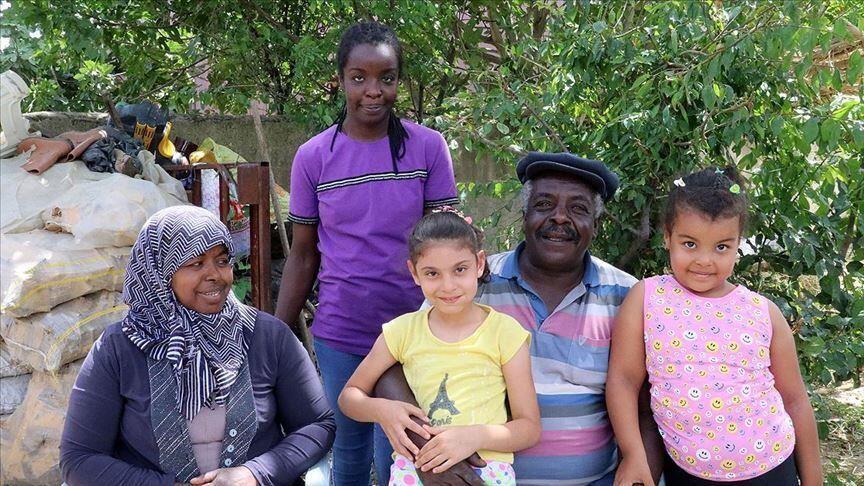Turkiye-Syria Reconciliation : Will it be Possible?
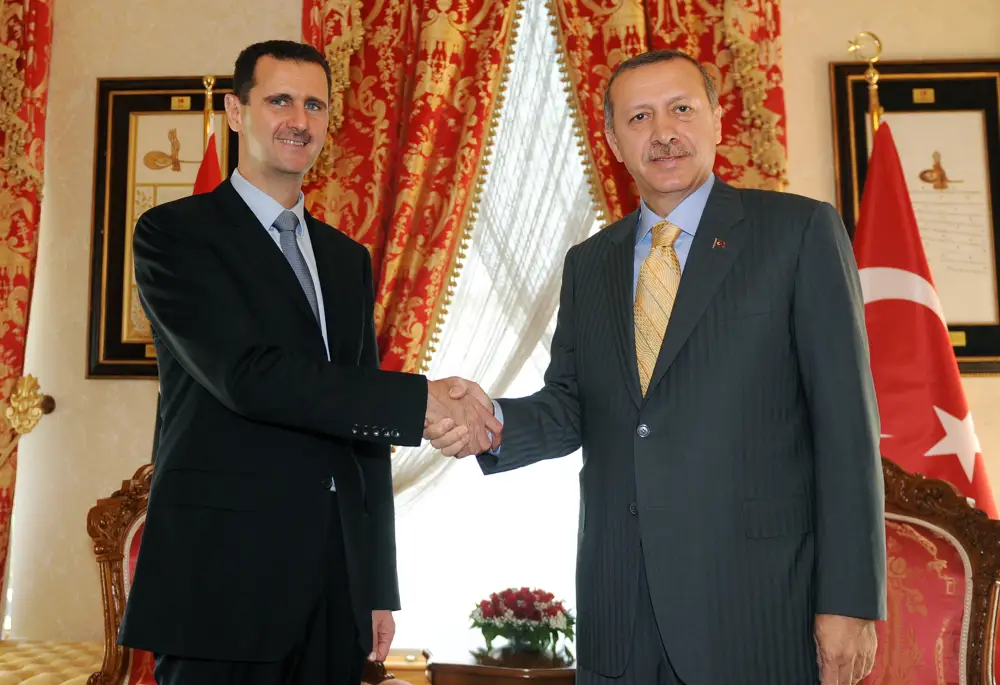
Turkiye-Syria Reconciliation : Will it be Possible?
By Anatolia Report
September 2022
After more than a decade of hostility, rumours abound that Turkiye may be entertaining reconciliation with Bashar al-Assad’s Syria.
Mevlut Cavusoglu, Turkiye’s foreign minister, announced in late April that security talks were held between Ankara and Damascus, which some have interpreted as the first step in a wider rapprochement.
Meanwhile, Turkish President Recep Tayyip Erdogan, who was the driving force behind Ankara’s move to cut ties and back Assad’s enemies during the Syrian civil war, has done little to dismiss these claims.
To some, a move towards peace with Damascus makes sense for Erdogan. Domestically, his rivals in the upcoming June 2023 elections advocate repatriating large numbers of Turkiye’s increasingly unpopular 4 million Syrian refugees. Normalising ties with Assad could steal his opponents’ thunder, opening the possibility of his leading the drive to send the refugees home himself.
Internationally, Erdogan has recently improved ties and secured vital economic investment from the UAE, which has long lobbied fellow Middle Eastern governments to bring Assad in from the cold. Restoring ties with Syria would seem a logical next step in Erdogan’s regional pivot.
However, such a rapprochement seems unlikely. In reality, peace talks suit neither Erdogan nor Assad at present. The Turkish president’s priorities are domestic. Turkiye’s economy is nose-diving and there is an important risk he could lose power in 2023 after two decades in charge. It makes sense to raise the possibility of negotiating with Assad as a means to outflank his opponents.
Suggesting his re-election would lead to normalisation with Syria and the return of some refugees might sway wavering voters, especially his former coalition partners, the nationalist MHP. But it is unlikely such a rapprochement would take place before the election. Instead, low-level talks might be held to maintain the illusion, only for them to cease if and when Erdogan is returned to power.
Russia as a Mediator
Erdoğan and Putin met in the Black Sea resort town of Sochi. The two leaders had a face-to-face meeting and then chaired a meeting with their delegations. Erdoğan’s team included Foreign Minister Mevlüt Çavuşoğlu, Defense Minister Hulusi Akar, Energy Minister Fatih Dönmez, Treasury Minister Nureddin Nebati, Trade Minister Mehmet Muş and Agriculture Minister Vahit Kirişçi. National Intelligence Organization chief Hakan Fidan was also on the team.
The two men lastly met in Tehran on July 19 on the sidelines of the Astana Process. The Sochi meeting comes only 17 days after. The ongoing Russian invasion of Ukraine, the implementation of the grain deal, the developments in Syria amid Ankara’s preparations for a new military operation and all the aspects of the bilateral economic, trade and energy relations were on the agenda in Sochi.
The two leaders also discussed regional issues, with the topic of Ukraine and Syria atop the list. “Solidarity is needed in the fight against terrorism. I believe the steps we will take together will strengthen our position,” Erdoğan said, referring to Türkiye’s security concerns stemming from the YPG’s presence in northern Syria.
The press secretary of Putin, Dmitry Peskov, acknowledged Türkiye’s concerns in a press conference before the Erdoğan-Putin summit. “Syria will certainly be discussed today. Turkey has legitimate security concerns, which we, of course, take into account,” Peskov said. “But it is very important not to allow any actions that could lead to destabilization of the situation in Syria, or [that] which could jeopardize the territorial and political integrity of Syria,” he added.
Erdoğan had already declared the presence of the YPG terrorists in Tal Rifat and Manbij provinces of Syria as the target of Türkiye’e potential offensive. He called on Russia and Iran to support this operation because the YPG is causing a major threat to the political and territorial integrity of Syria.
Turkiye and Syria Intelligence Services Mutual Demands
The security talks led by the Director of the Syrian National Security Office, Major General Ali Mamlouk, and the Director of Turkish Intelligence, Hakan Fidan, in Moscow highlighted a continuous gap between the two parties on the one hand, and the increasing Russian desire to find a solution to it.
Damascus demands a “timetable” for withdrawal, especially since Türkiye controls Syrian areas that are twice the size of Lebanon. Ankara, for its part, adheres to “safe areas” in northern Syria, while Russia seeks to bridge the gap based on the interests of the two sides, namely “coordination against the PKK-YPG terrorist movement.”
Meanwhile, President Bashar al-Assad signed a decree appointing Deputy Foreign Minister Bashar al-Jaafari ambassador to Moscow. Russian authorities decided to expedite diplomatic approval, which opens the door to strengthening Russian mediation. It also allows Deputy Minister Ayman Susan to assume his position, or Imad Mustafa to return to the post of deputy minister to Faisal Al-Miqdad.
Following several secret security meetings at different levels in the countryside of Latakia, Tehran and Moscow, and the continuation of the work of the Syrian Consulate in Istanbul, Moscow sponsored in early 2020 a public meeting between Mamlouk and Fidan, which was announced by the two countries’ official news agencies.
The two sides reiterated their positions, as Mamlouk demanded that Ankara abide by the 2018 Sochi agreements between Turkish President Recep Tayyip Erdogan and Russian Vladimir Putin, in addition to opening the Aleppo-Latakia road, and completing withdrawals from Syrian territory. On the other hand, Fidan demanded cooperation against theYPG-PKK terorrist organisations, and the search for a political settlement.
Practically speaking, the meeting did not result in a major breakthrough. As if Assad and Erdogan just wanted to give the impression that they were not against Putin’s mediation. Since then, both the Syrian and Turkish sides have followed their own tracks and priorities.
The Russian war in Ukraine stirred the Syrian stalemate. Erdogan, better positioned as he was needed by Moscow and Washington, wanted to launch a new military operation in northern Syria. Indeed, he prepared his army and loyal factions, and set the date for the incursion at the end of July. The Turkish president sought to coordinate with the Iranian spiritual guide, Ali Khamenei, and the Russian president during the Tehran summit on July 19.
According to sources who attended the summit, the Russian and Iranian sides clearly told Erdogan that they were against the military operation, and that they preferred the Turkish leader to talk with Assad and to focus on “unifying ranks against the US-backed separatist movements in northeastern Syria.”
Accordingly, Putin and Khamenei considered that they “succeeded in persuading Erdogan to deal with Assad” .
Putin succeeded in persuading Assad and Erdogan to dispatch Mamlouk and Fidan, who know each other well, to Moscow, which hosted a round of secret talks between them in July, partly led by Russian Defense Minister Sergei Shoigu.
According to Russian, Western and Arab sources, Mamlouk and Fidan presented a long list of extreme demands.
The Syrian demands included: respecting Syrian sovereignty, setting a timetable for the Turkish withdrawal from Syrian territory, halting support for separatist groups, and returning Idlib, which has been under the control of Turkish-backed factions since 2015. Moreover, the Syrian side called for restoring control of the Bab al-Hawa crossing between Türkiye and Idlib, and opening the M4 road that extends from the borders of the Mediterranean in the west, to Iraq in the east, and which is controlled by Syrian, Turkish and Kurdish forces.
Syria also demanded help in countering western sanctions (as Türkiye does with sanctions against Russia), in addition to its return to the Arab League, assistance in reconstruction efforts and the recovery of natural resources, including oil, gas and agriculture east of the Euphrates.
As for Türkiye, which considers that Damascus is incapable of fighting the Kurds alone, its demands include: serious action against the terrorist organisations (PKK) and its Syrian wing – the Kurdish People’s Protection Units (YPG), cooperation between the security services in the two countries, and negotiations with the Turkish-backed Syrian opposition to reach a political settlement. It also called for the return of Syrian refugees, the establishment of safe zones in Aleppo and other areas in northern Syria at a depth of 30 km, and assistance and facilitation of the work of the Syrian Constitutional Committee.
Moscow continues to oppose a meeting of the Syrian Constitutional Committee in Geneva. Despite the visit of the UN envoy Geir Pedersen to Russia, information indicate that the committee would not convene in the coming months. One of the options is to hold the talks in Astana, noting that Erdogan had suggested in Tehran that it be organized in a city that is home to a UN headquarters.
Meanwhile, the Western representatives will organize a coordination meeting onTuesday in Geneva, at the request of US Envoy Ethan Goldrich, to “coordinate Arab and Western positions opposing Arab normalization with Damascus, and to confirm that Geneva is a natural place for the work of the Constitutional Committee.”
An Iranian mediation and Russian solutions
Iran tried to enter the security mediation line between Syria and Türkiye – a move that did not please some parties in Damascus and Moscow. But Russia maintained its mediation, reiterating this stance during Foreign Minister Sergei Lavrov’s talks with his Syrian counterpart, Faisal Miqdad. The latter expressed doubts about Fidan’s ability to influence Erdogan.
First, Russia believes that it succeeded in stopping Türkiye’s plans to launch a military operation, and in changing the Turkish and Syrian discourse. Moscow is confident that the Turkish withdrawal “will happen, but it is not an urgent matter”, and that the current meeting point is “working against the Kurds terrorist organisation and separatist movements.”
An official said: “If the situation remains the same for two or three years, it will be difficult for Syria to regain its unity.”
The Russian mediator is currently working on an “action plan” based on the two sides’ demands and common points. The priorities include providing security guarantees to Ankara and operational arrangements for Damascus in Idlib and the Aleppo-Latakia road.
One of the solutions is for the Syrian and Turkish sides to work on copying a new draft of the 1998 Adana Agreement, which established security cooperation between them against the PKK.
Washington’s role
Parallel to Moscow’s mediation between Ankara and Damascus, another mediation is led by Lebanese Intelligence chief Abbas Ibrahim and others between Damascus and Washington regarding the fate of US Journalist Austin Tice, who disappeared in Syria ten years ago.
Ibrahim had previously intervened during President Donald Trump’s administration, and also under Joe Biden. However, Damascus’ response did not change: There will be no negotiation over Tice before the US withdrawal, the dismantling of the Al-Tanf base, and the lifting of sanctions. The only new development is Syria’s decision to publicly announce its demands, stating that it had not detained Tice, without specifying whether the journalist was alive or not.
In the summer of 2019, Damascus asked the visiting US envoys for the American forces’ withdrawal, the dismantling of the Al-Tanf base, and the halting of support to the opposition, in addition to the lifting of sanctions, because it did not want to help Trump succeed in the elections. But Syrian authorities made sure to inform Moscow and Tehran of those negotiations.
Today, Damascus is keen to publicly inform Moscow and Tehran of its demands from America, because the Syrian priority is to please the two capitals and to search for common lines with Ankara, especially after the Western-American confrontation in Ukraine.
There are indications that the normalization process between Damascus and Ankara has started, and that Moscow is working on framing its phases, speed and content, whether through a quick transition to the political framework, or by staying within the security framework and searching for common realistic goals.


